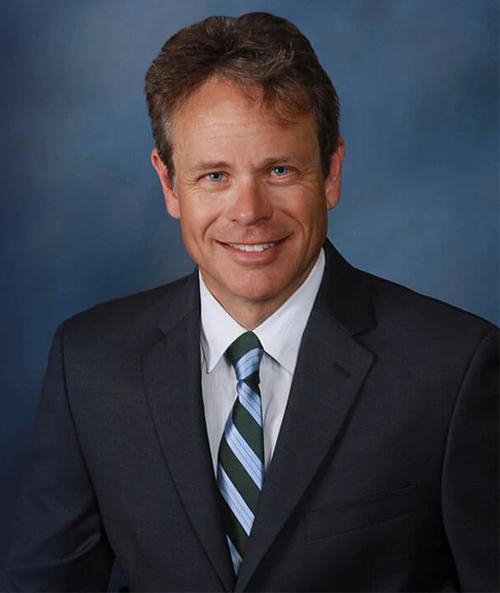In a precedential decision of the U.S. Court of Appeals for Veterans Claims the Court oveturnd a VA decision denying service-connection of death secondary to post-traumatic stress disorder (PTSD). This is a case argued by attorney Sean Kendall before the Court. In Wise v. Shinseki, Vet.App. 12-2764 (Apr. 16, 2014) the Court held that the VA could not deny service-connection for heart disease secondary to PTSD simply because some VA doctors felt that the relationship between heart disease and PTSD was not generally accepted in the scientific community. The Court held that requiring a medical principle to be generally accepted by all doctors ran afour of the benefit of the doubt rule.
The Court stated that "[i]n keeping with the benefit of the doubt rule, Congress has not mandated that a medical principle have reached the level of scientific consensus to support a claim for VA benefits. Instead, Congress, through the enactment of section 5107(b)'s low standard of proof for all issues material to a claim for veterans benefits, has authorized VA to resolve a scientific or medical question in the claimant's favor so long as the evidence for and against that question is in "approximate balance."" Wise v. Shinseki, slip op. at 16. What this means to veterans is that as long as some medical studies support a relationship between two diseases, the VA must establish service-connection. The VA cannot simply say that because all of science doesn't generally accept the relationship, service-connection cannot be granted.
Not only is this case useful in cases where heart disease is caused by PTSD, it is also important in other cases where VA has denied a medical relationship. So this case should be used in other cases where there is lots of scientific evidence supporing a relationship between two diseases, but the VA denies that it is the case. Such medical conditions include sleep apnea caused by PTSD, heart disease caused by radiation exposure, and hypertension caused by Agent Orange. In both cases there are studies that support the relationship, but the VA denies service connection in many of these cases on the basis that such relationships are not generally supported by doctors.

